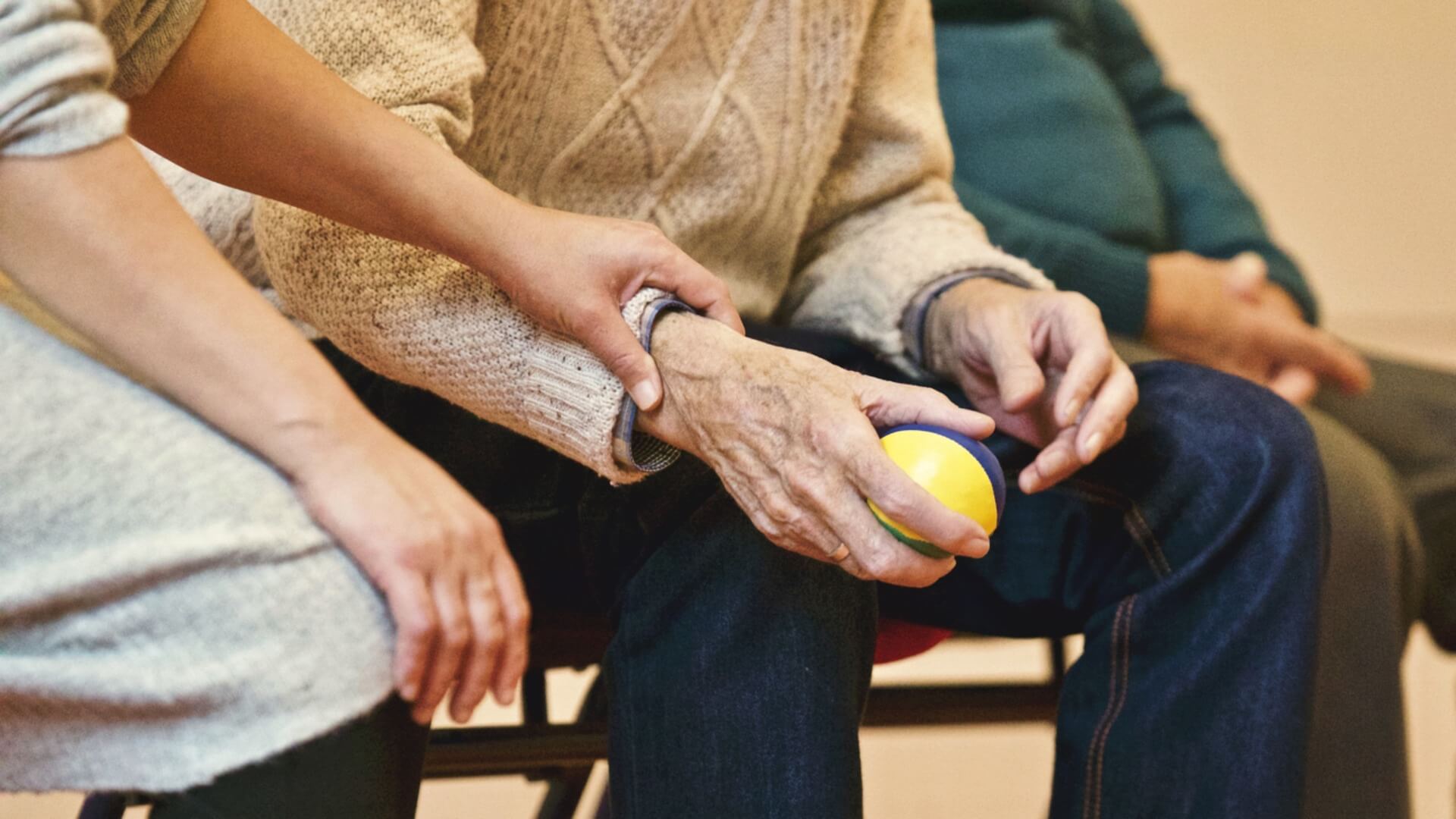The first days of summer have brought with them record-breaking temperatures across the Eastern seaboard. Here in the Midwest, we’re bracing ourselves for another round of extreme heat. And according to recent forecasts, “The worst heat wave of the summer so far is just starting to cook over the Plains this week.” While we can all bemoan the possibility of long-term climate change, our primary concern is to keep our loved ones safe.
According to the Center for Disease Control, the elderly are among the most susceptible to heat stress for a variety of reasons. They don’t necessarily think of the risks of extreme heat. They may have pre-existing health conditions that make them especially vulnerable to the heat. They may be taking medications that “impair the body’s ability to regulate its temperature or that inhibit perspiration.” And most importantly, they tend to under-hydrate.
The effects of heat exhaustion, the forerunner of the more deadly heat stroke, can show up in the elderly as headaches, dizziness, muscle cramps and nausea. If untreated, heat stroke can occur, when the body’s temperature rises to over 103°F. The body loses the ability to perspire and cool itself. The organs can begin to shut down and death or permanent disability are possible.
The most important action in keeping seniors comfortable and safe during a heat wave is to keep them hydrated. Dehydration is one of the most dangerous effects of extreme heat and can result in hospitalization. Common symptoms of dehydration include confusion, cracked lips and a dry mouth. Drinking non-alcoholic, non-caffeinated, non-sugary beverages will go a long way in keeping the dangers of dehydration at bay. However, if they are on water pills or are restricted in their water intake, they should ask their doctor how much they should drink while the weather is hot.
Keeping temperatures cool, while seemingly obvious, is also key. Air conditioning in the home, or getting the senior to a cooling center, is important in keeping safe. A fan alone will not help prevent heat related illnesses when the temperature is above 90°F.
It is recommended that senior welfare is checked twice a day during extreme heat. If you cannot do it yourself, Meals on Wheels, in addition to bringing food to the elderly, will check on their well-being. Check for available assistance through your State Agency on Aging. And if you live a distance away from your senior loved one, you might consider hiring a Home Care Agency so that someone is nearby, knows your loved one, and is ready to help.
Posted by: Renata Jasinski Laszuk, Content Manager







